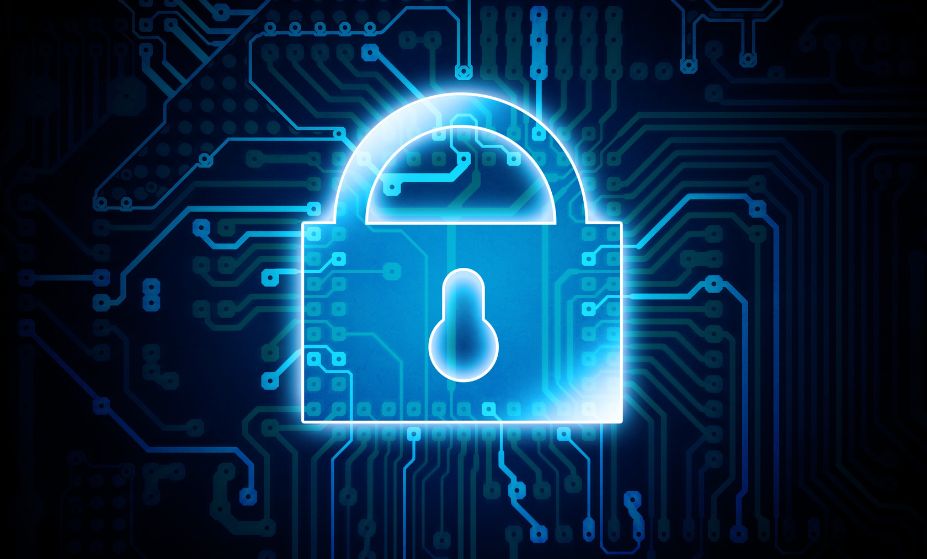In today’s digital world, dedicated servers play a crucial role in supporting business-critical applications and websites. However, as more and more companies rely on dedicated servers, the risk of cyberattacks and data breaches increases. One way to increase the security of dedicated servers is by implementing file encryption.
What is File Encryption?
File encryption is the process of converting plaintext files into an unreadable format, known as ciphertext. The encryption process uses a secret key, or password, that is required to decrypt and read the files. This ensures that if the files are intercepted or stolen, they cannot be read or understood without the key.
Why is File Encryption Important for Dedicated Servers?
Dedicated servers often contain sensitive information that needs to be protected. File encryption is important for dedicated servers because it helps to:
- Protect against data breaches: File encryption helps to protect sensitive data from being compromised in the event of a data breach.
- Comply with regulations: Many industries and regulations require specific security controls, and file encryption can help organizations to comply with these requirements.
- Improve security: File encryption helps to improve security by ensuring that even if files are intercepted or stolen, they cannot be read or understood without the key.
- Maintain privacy: File encryption helps to maintain privacy by ensuring that only authorized individuals can access the files.
How to Implement File Encryption for Dedicated Servers
To implement file encryption for dedicated servers, there are several steps you can take:
- Identify sensitive files: Identify the files on your dedicated servers that contain sensitive information and need to be protected.
- Choose an encryption method: Research and choose an encryption method that meets your needs. Popular encryption methods include AES and RSA.
- Encrypt the files: Use encryption software to encrypt the sensitive files on your dedicated servers.
- Store the key: Store the key used to encrypt the files in a secure location, such as a hardware security module (HSM)
- Test and monitor: Test the encryption process and monitor your dedicated servers to ensure that the files are being encrypted correctly and that your security is improved.
In conclusion, File encryption is an effective way to increase the security of dedicated servers. By identifying sensitive files, choosing an encryption method, encrypting the files, storing the key, and testing and monitoring the process, you can improve the security of your dedicated servers and protect sensitive data.


